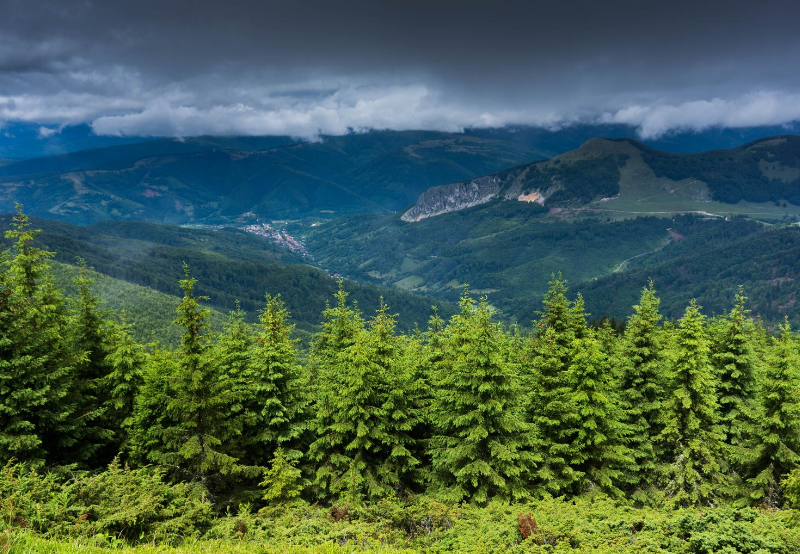Many years ago, when our oldest boys were kindergarten-age or thereabouts, my wife heard them talking to their friend Andrew in the back seat of the Suburban. She didn’t catch the whole context, but she caught this much:
Andrew: You know what happens if we step on hot lava, don’t you?
Rogers boys: No? What?
Andrew: We’re doomed.
It wasn’t only Andrew’s word choice that made such an impression, but also the gravity of his intonation and demeanor. From that day to this, hardly a week has gone by that we haven’t quoted Andrew:
“If we don’t get to the library before it closes, we’re doomed.”
“The car is low on gas. We’re doomed.”
“If there’s not a Chick-Fil-A at the next exit, we’re doomed.”
Reading through The Habit forums a couple of months ago, I thought of Andrew the juvenile doomsayer. Loren Warnemuende, in discussing this episode of the Wade Center podcast, mentioned that the word doom and the suffix –dom derive from the same root. This was news to me, so I dug around a little and found out some interesting things (most of them from the aforementioned Wade Center podcast episode, around the 36-minute mark, and from etymonline.com).
Doom entered the language as a neutral-to-positive term. A doome was simply that which had been deemed, or judged. The source word in Old English (Anglo Saxon) was dom, meaning “law, statute, decree, justice, equity,” etc.). The duma, the place where Russian laws are made, is a related word.
Just as judgment is an ambivalent word, depending which side of a judgment you find yourself on, doom has an ambivalent history. By the fourteenth century, the word was trending toward the darker connotations of judgment. By the sixteenth century, doom was almost entirely a scary word, denoting not neutral judgment, but punitive judgment, often with a sense of fatalism. The thought of Final Judgment is alarming enough. The thought of Doomsday is even more alarming.
William I’s Domesday Book —a comprehensive land survey of England from AD 1086—is an interesting case study for the word doom. The word domesday does not appear in the Domesday Book. That name first appears almost a century later in a book called Dialogus Sciccario. The author explains that the William I’s comprehensive survey was called the Domesday Book “because its decisions, like those of the Last Judgement, are unalterable.”
Even though the Domesday Book doesn’t actually have anything to do with Doomsday, it is full of dooms. William I and his officials deem the limits of every landholder’s property. The Domesday Book divides the king-dome into earl-domes, duke-domes, fief-domes, etc. That -dom suffix gets extended, of course, to mean the realm or state of a lot of different things: thralldom, freedom, boredom, martyrdom, stardom, officialdom, fandom, etc.
Speaking of realms and states, I was fascinated by this video about the suffix -stan, meaning “country,” as in Uzbekistan, Pakistan, Afghanistan, Kurdistan, etc.
In short, –stan derives from the Proto-Indo-European root –sta, meaning “to stand.” So Kyrgyzstan is the place where the Kyrgyz stand (or stay—another derivative of -sta), and Kazakhstan is the place where the Kazakhs stand.
That’s already interesting. Then you realize that the Proto-Indo-European –sta, besides giving us the word stand, also gives us the word status (“standing” or “place”) and all its related words: static (holding in one place), statue (a sculpture that both stands and stands still), and state in all its meanings, including the geo-political entity, as in New York State—the place where New Yorkers stand. So state and –stan are essentially the same word.
You should take the three or four minutes to watch the whole video.
Signing off from Tennessee-istan—
JR








